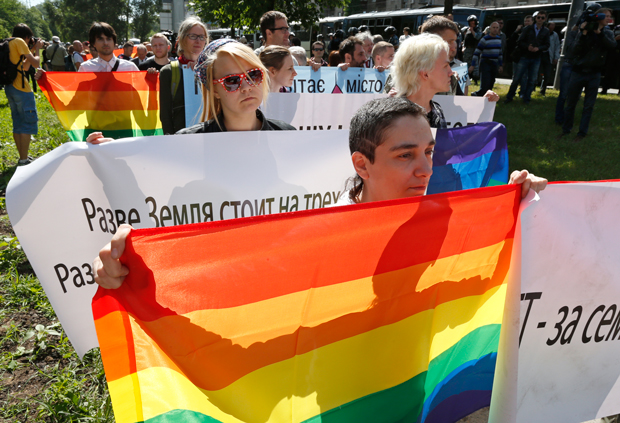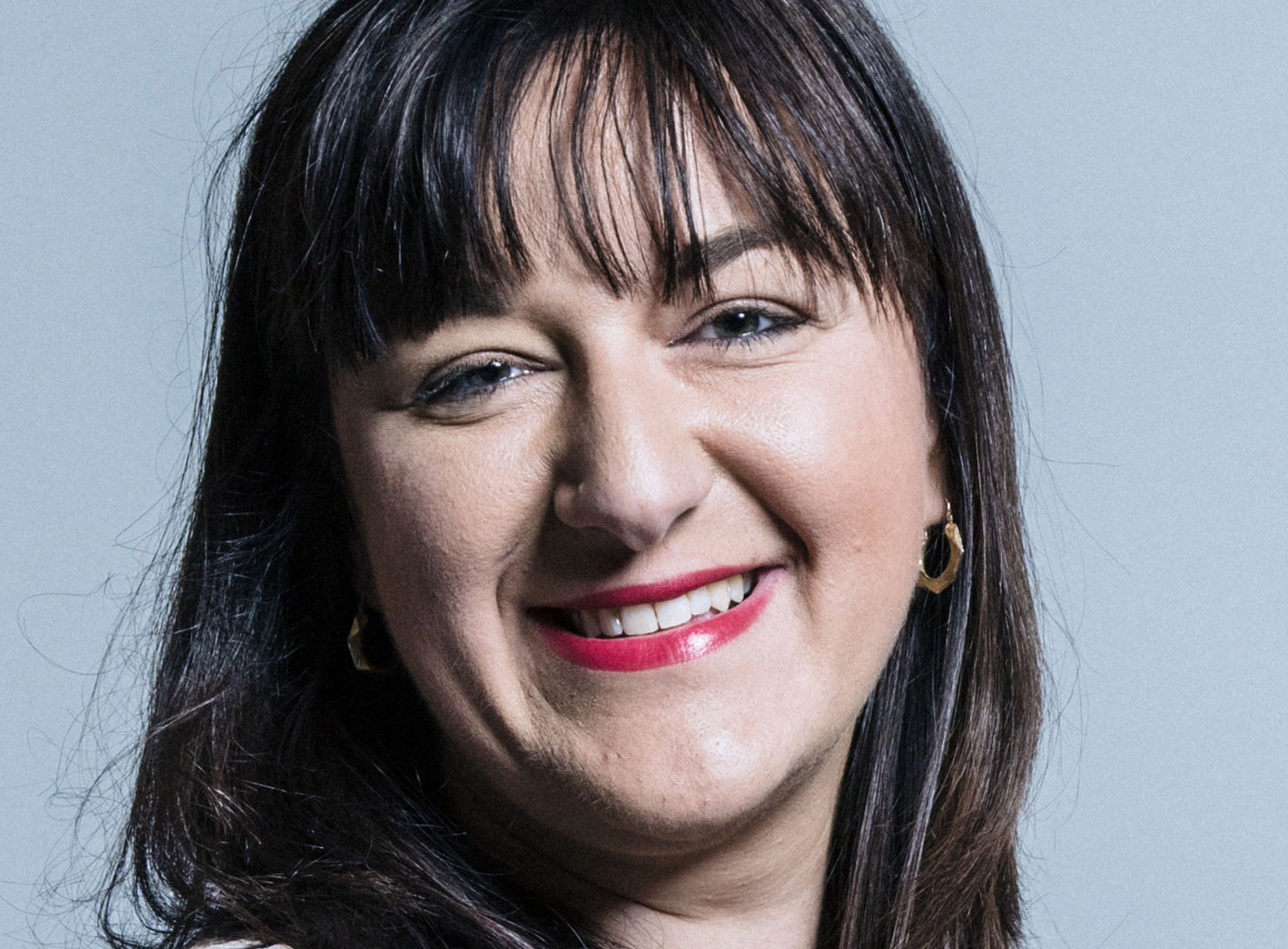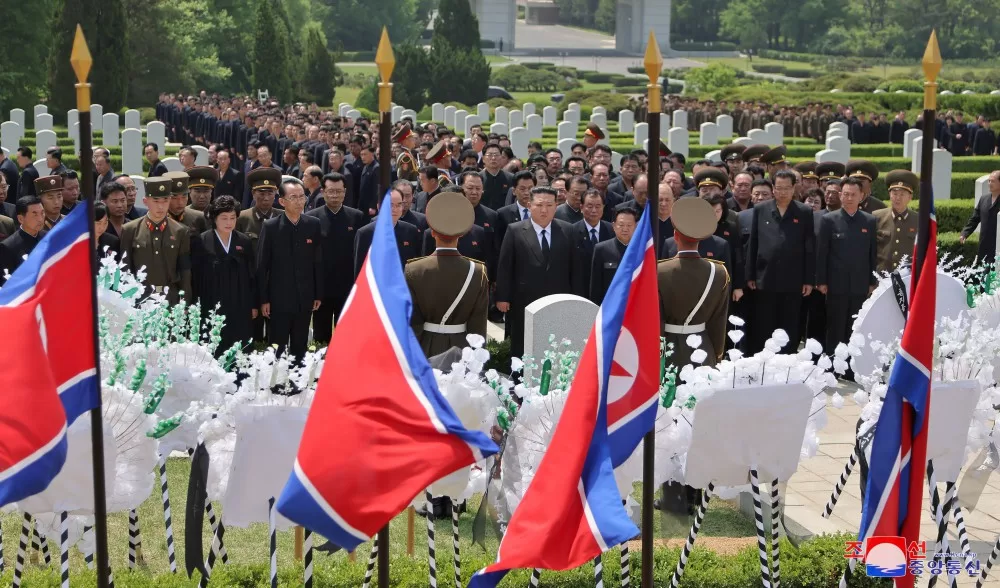[vc_row][vc_column][vc_single_image image=”110001″ img_size=”full”][vc_column_text]There is no right not to be offended.
There is no right to cause harm and incite hate and violence.
These are not contradictory statements. In fact I believe that they are the founding pillars of how we should exercise our basic right to free speech in a democracy, but all too often we collectively seem to forget that.
And we ignore these basic principles at our peril; after all, none of us seek a bland public space. We thrive on debate and challenge, on new thinking and research; it drives social change, ensures progress and most importantly holds decision-makers to account.
Slavery, criminalisation of homosexuality and denying women the vote were also once legal until someone stood up and said no. These people started, at times, incredibly difficult and brave debates, launched inspiring campaigns and took people on a journey which changed hearts and minds and, of course, the law.
We can and should be able to do all of that without crossing a line into hate, without inspiring fear and without descending into violence and threat.
None of this should be controversial in a rational world; unfortunately rationality seems to be a rare commodity at the moment.
The concept of free speech has been a dominant feature in our political discourse over the last year. There has been a lot written about cancel culture, current and impending culture wars and the need to manage, if not shut down all together, debate.
Much of this has been driven by people who seek to raise their own profile at the expense of good and proper debate on serious issues that matter. This isn’t healthy for us as a society and honestly it is stifling our national conversation and leaving a political vacuum for those on the fringe to fill.
The world is facing a public health emergency and a global recession. There are serious injustices happening across the globe, both in democracies and repressive regimes. Yet we are seeing new and empowering political movements emerging demanding real equality, genuine citizenship and action on climate change across the planet.
All of these issues are going to inspire debate as we seek answers to some of the biggest questions our societies have ever faced.
Do we demand an end to globalisation because of the effects of worldwide trade on the environment?
Do we fight for public health measures as the expense of our civil liberties?
In the midst of a global recession is trade with China more important than human rights?
Honestly, in order to find the answers we need to listen to each other and not shut down the debate.
We need to hear from those being persecuted and those being marginalised. We need to listen to those people on the frontline of each issue and most importantly we need to respect each others position and opinion. In short we need to value not just our own right to free expression but other people’s too.
Index was established to be a voice for the persecuted, to provide a platform to those who couldn’t have their work published elsewhere and to shine a spotlight on areas where peoples voices were being silenced. I’m proud of that heritage and as our public space becomes increasingly hostile, I can promise you that Index will fight to ensure that we always have free and open debate[/vc_column_text][/vc_column][/vc_row][vc_row][vc_column][three_column_post title=”You might also like to read” category_id=”13527″][/vc_column][/vc_row]






